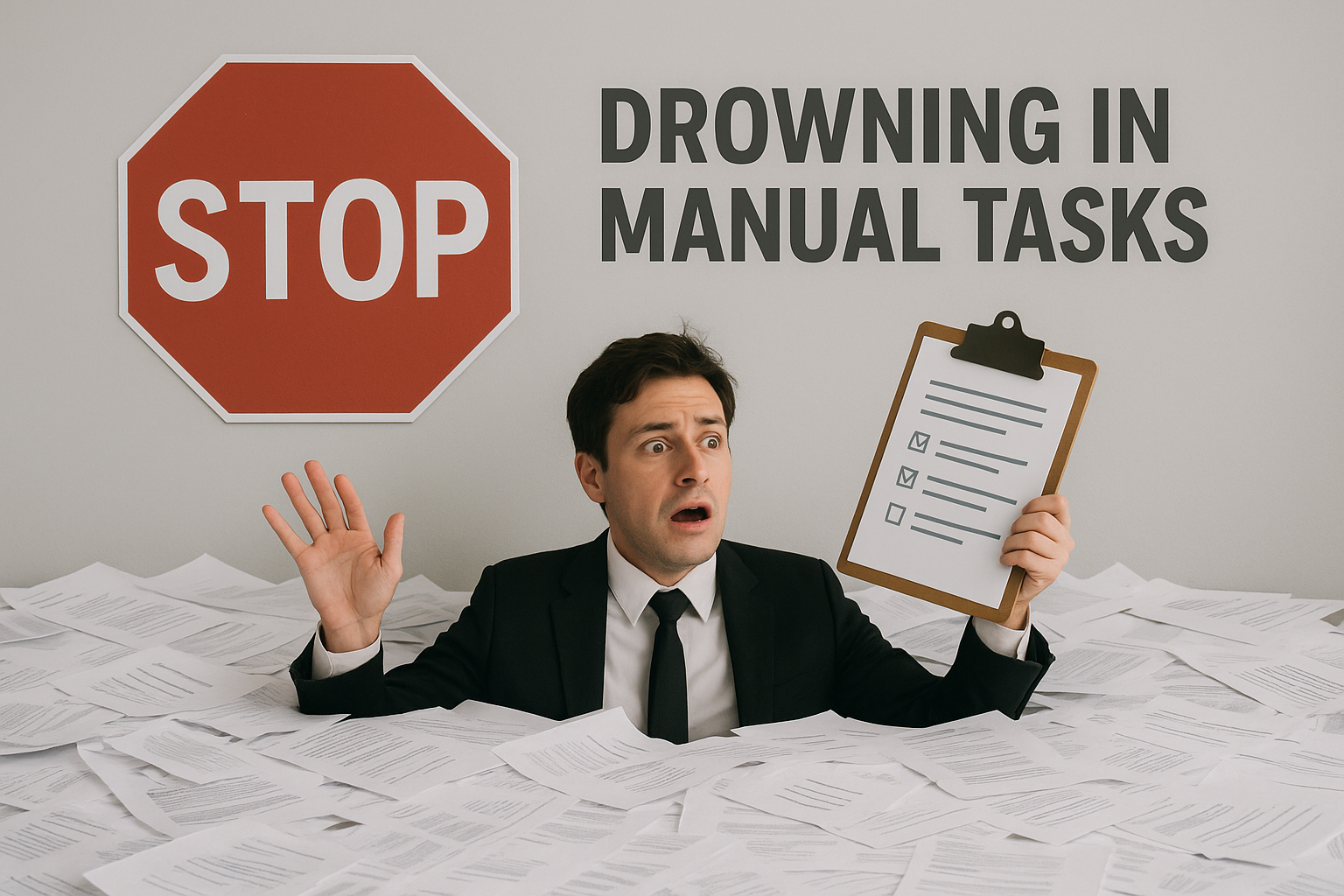Treatment of financial compensation to super funds

As a result of the Royal Commission into the banking and financial services industry uncovering misconduct on an industrial scale, some of Australia’s largest banking and financial services institutions have made reparations amounting to $1.86bn at last count. Much of this compensation has been paid into super funds including SMSFs. The tax treatment of such compensation depends largely on the circumstances in which the compensation was received and in some cases may affect an individual’s contribution caps.
According to some recent statistics released by ASIC, six of Australia’s largest banking and financial services institutions have paid or offered a total of $1.86bn in compensation, as at 30 June 2021. This is in relation to customers who have suffered a loss or experienced a detriment due to fees for no service misconduct or non-compliant advice. At least some of this compensation would have been paid to super funds including SMSFs.
The compensation received may include an amount reflecting a refund or reimbursement of adviser fees and/or an amount to compensate for lost earnings. In some instances, it may also include an interest amount. The tax treatment of the compensation received by the super fund depends largely on the circumstances in which the compensation is received.
If your SMSF or super fund engaged the financial service provider and has a right to seek compensation, then the compensation received by the fund from the financial services provider and allocated to an individual’s account, will not be a contribution and will not affect an individual’s contribution caps.
A trustee of a super fund or SMSF will generally have a right to seek compensation where it has contracted with the financial service provider for the provision of financial advice to the fund’s members.
In instances where an individual has the right to seek compensation due to personally engaging the financial services provider, and subsequently the compensation was paid directly to the individual’s super fund other than at the individual’s direction, the compensation will be classified as a concessional contribution in the financial year it is received by the fund.
Where the compensation was paid and allocated to an individual’s super account, and the compensation was either contributed as a personal contribution, or directed to the super fund by the individual, then the compensation will be a non-concessional contribution in the financial year it is received by the fund.
There may also be situations where neither the individual nor the trustee of the super fund has a right to seek compensation, but an amount has been received from a financial service provider, nonetheless. In that scenario, any amount received will be considered to be a concessional contribution in the financial year it is received by the fund.
Remember, regardless of whether the compensation received will be classified as a concessional or non-concessional contribution, individuals should be aware so as not exceed their relevant caps. For reference, the general concessional contributions cap is $27,500 from 1 July 2021, and some individuals are also able to access carry forward unused concessional contributions cap space from previous financial years. The non-concessional contributions cap is $110,000 from 1 July 2021.
However, note that concessional contributions cap also includes employer contributions, salary sacrifice contributions, and some personal contributions which may significantly lower your usable cap if you have a high paying job, make regular salary sacrifice contributions, or large personal contributions.
If the compensation payment causes you exceed the concessional contributions cap, the excess concessional contributions will be included in your assessable income and taxed at your marginal rate with a 15% tax offset. If you elect not to release the excess concessional contributions from your super, they will count towards your non-concessional contributions cap.
Have you received compensation?
If you’re due to receive some compensation in relation to financial advice misconduct and want to contribute it to your super, we can help you work out what your usable concessional and non-concessional super contributions cap is and avoid issues down the road. Contact us today.
IMPORTANT: This communication is factual only and does not constitute financial advice. Please consult a licensed financial planner for advice tailored to your financial circumstances. Email us at Robert Goodman Accountants at reception@rgoodman.com.au . © Copyright 2021 Thomson Reuters. All rights reserved. Brought to you by Robert Goodman Accountants.









